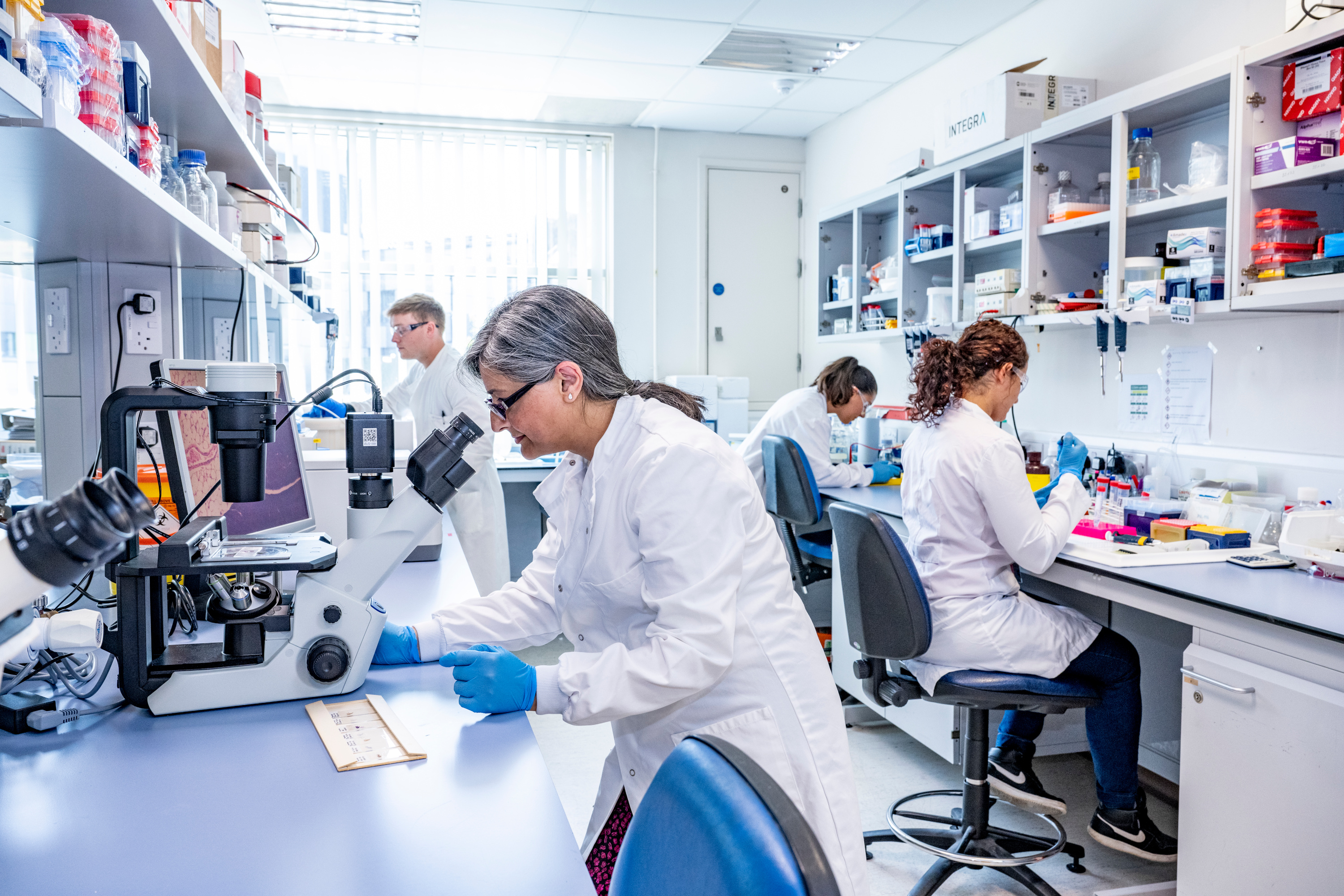
Scientists are building a tiny, connected model of the gut, liver and fat tissues to unearth new treatments for a disease affecting one in five people in the UK.
It is part of a new multimillion-pound project co-led by an expert in metabolic disease from the University of Southampton.
The initiative is aiming to fight Metabolic Dysfunction-Associated Steatotic Liver Disease, or MASLD, a form of fatty liver disease.
Co-lead Professor Jaswinder Sethi , from Southampton, said the condition is a rapidly growing health concern driven by increasing rates of obesity which could be affecting millions across the country.
She added: "Our work here at the University is crucial to understanding how body fat contributes to the progression of this disease. I am thrilled to work on this project and to contribute my expertise in adipose tissue biology and immunometabolism."
The new project involving Prof Sethi, known as MIMIC, is jointly led by the universities of Nottingham, Southampton, Edinburgh and Harvard.
Using organ-on-chip technology, models of the gut, liver and fat tissue will be built to simulate the function of human organs.
Prof Sethi added: "These new human models may be used to screen new drug treatments to determine how effective they are for individual patients. By creating more accurate human models, the platform will significantly help to reduce the reliance on animal testing for metabolic diseases."
The scientific team will use adult human stem cells generated from the blood of patients with MASLD, allowing them to recreate complex metabolic diseases in the lab.
Professor of Clinical Genetics Diana Eccles , Dean of Medicine at the University of Southampton, said: "We are delighted that Prof Sethi has been awarded funding as part of a larger consortium to develop a human liver disease model system that can be used to study the metabolic disease - one of the adverse medical consequences of obesity."
The new MIMIC project is part of a £15.9million joint investment by the UKRI Medical Research Council (MRC) , Wellcome and UKRI Innovate UK .
The funding package will launch a co-ordinated network of five interdisciplinary teams will focus on the development of in vitro disease models - including liver, featuring Southampton, alongside the brain, cancer, pain, and blood vessels.






